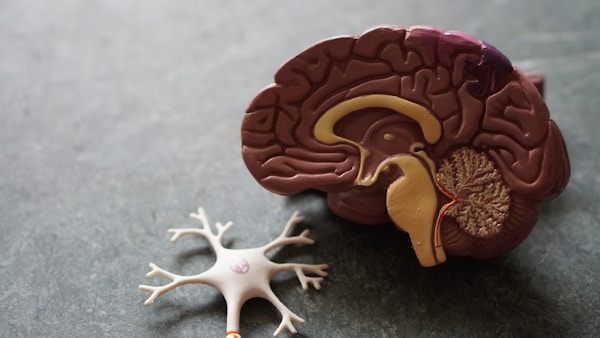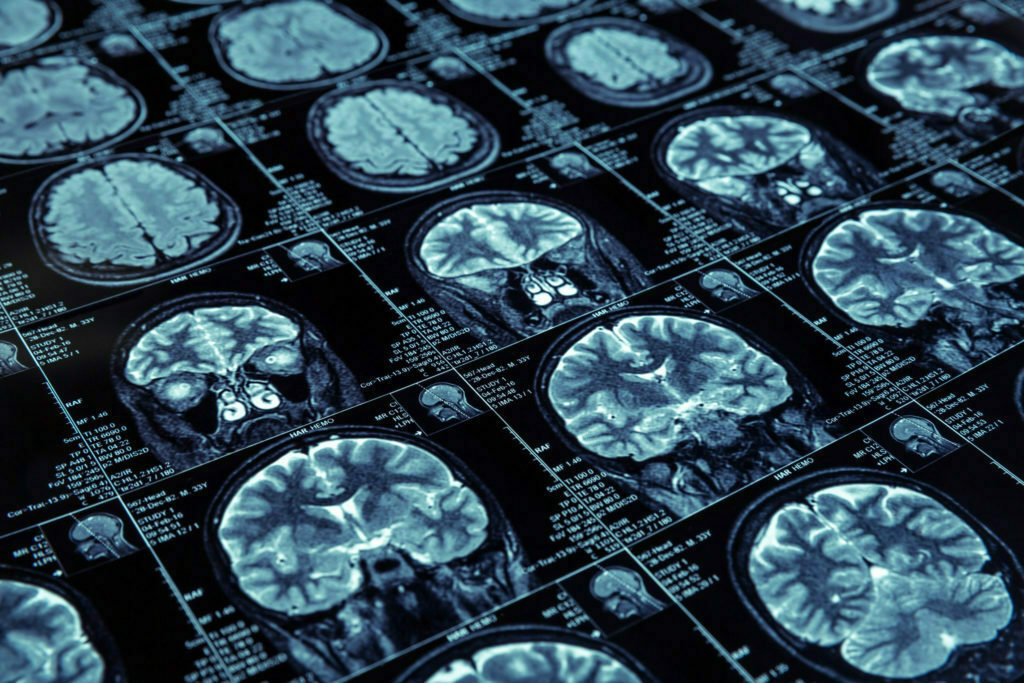What are the earliest Alzheimer’s symptoms? Many people are diagnosed with Alzheimer’s disease after noticing significant changes in their memory or other thinking skills. However, these changes may have started happening much earlier. Keep reading to learn about the early signs and symptoms of Alzheimer’s disease.
Forgetfulness

Forgetfulness is one of the earliest symptoms of Alzheimer’s disease. In the early stages, people with Alzheimer’s may forget where they put things, or what they were just talking about. As the disease progresses, they may forget important personal information, such as their address or telephone number. They may also have trouble reasoning, making decisions, or solving problems. There are many reasons why forgetfulness is one of the earliest signs of Alzheimer’s. One reason is that Alzheimer’s causes a gradual decline in memory ability. As the disease progresses, individuals may forget more and more information. Another reason is that the parts of the brain that are responsible for memory are some of the first to be affected by Alzheimer’s.
Frequent Falls
Frequent falls can be one of the earliest signs of Alzheimer’s disease. This is because Alzheimer’s disease can disrupt the brain’s ability to balance and coordinate movement. As a result, people with Alzheimer’s disease may be more likely to fall. Frequent falls can also be a sign that a person’s balance and coordination are starting to decline. This can be a sign that the person’s brain is starting to change as a result of Alzheimer’s disease. It is important to report any falls to a doctor, especially if they are frequent. This can help to determine if a person’s frequent falls are due to Alzheimer’s disease or some other condition.
Moodiness

Moodiness is one of the earliest and most common signs of Alzheimer’s disease. It can be one of the first signs that something is wrong. People with Alzheimer’s disease can become moody for a number of reasons. One reason is that they may not be able to remember things as well as they used to. This can make them frustrated and moody. They may also become moody because they are struggling to understand what is happening around them. They may feel confused and scared. Moodiness can also be a sign of the early stages of dementia. As the disease progresses, people with Alzheimer’s will have more and more trouble with their moods. They may become agitated, depressed, or angry. They may also have a hard time caring for themselves.
Communication Problems
One of the earliest signs of Alzheimer’s disease is difficulty communicating. This can manifest as difficulty finding the right words, difficulty expressing thoughts clearly, or a decrease in the amount of conversation. This can be very frustrating for both the person with Alzheimer’s disease and their loved ones. Communication problems may be caused by damage to the brain cells that are responsible for communication. The damage may make it difficult for people with Alzheimer’s disease to access the words they want to use, to understand what others are saying, or to express their thoughts clearly. Communication problems can also cause tension and disagreements between loved ones. This is because it can be difficult to understand what the person with Alzheimer’s disease is trying to say. In some cases, the person with Alzheimer’s disease may say things that are hurtful or confusing. If you are noticing that your loved one is having trouble communicating, talk to your doctor. They may be able to test for the disease and provide you with support and resources.
Overall, it is important to be aware of the earliest symptoms of Alzheimer’s so that you can seek treatment as soon as possible. Early diagnosis and treatment can help to delay the progression of the disease and improve quality of life.






